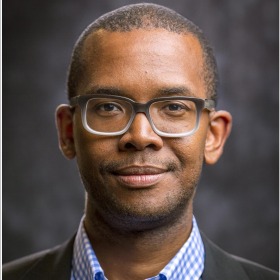Distress Signals: Obama Lore and the New Normal
As the 2020 presidential election nears, we are facing strident and sometimes hate-filled campaign verbiage, even in the most mainstream of publications. As was true in 2016, many observers express surprise at the coarseness of the language of the campaign. It is worthwhile to compare the rhetoric of the recent campaigns with those in 2008 and 2012 when Barack Obama and his family were also subject to outrageous accusations, although in these elections, the attacks rarely surfaced in the respectable press outlets. As a result, many political watchers assumed that they represented fringe points of view that would never enjoy respectability. This paper will make the case that such observers were wrong.
Patricia A. Turner is the Vice Provost of Undergraduate Education and a Professor in the Department of African American Studies and World Arts and Culture at the University of California, Los Angeles. Her research focuses on racial dynamics as they surface in folklore and popular culture. Her fourth book, Crafted Lives: Stories and Studies of African-American Quilters was published by University of Mississippi Press in 2009. She is also the author of Whispers on the Color Line: Rumor and Race in America (with Gary Alan Fine) (2004), Ceramic Uncles and Celluloid Mammies: Black Images and Their Influence on Culture (2002), I Heard It Through the Grapevine: Rumor in African-American Culture (1994). She is currently writing a monograph on legends and beliefs about Barack and Michelle Obama.

